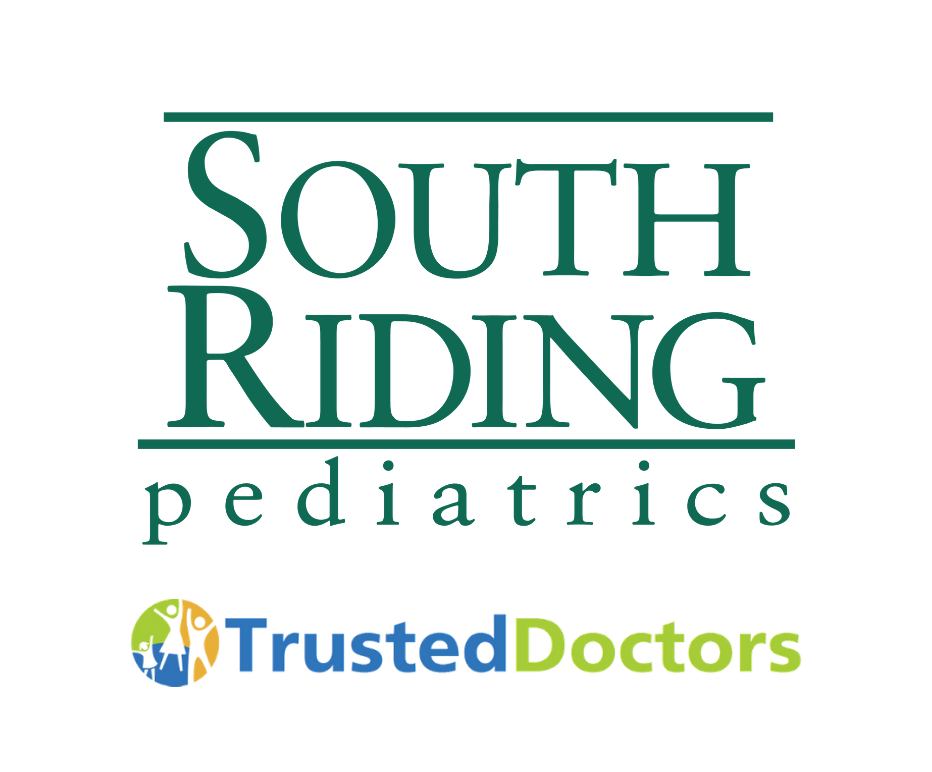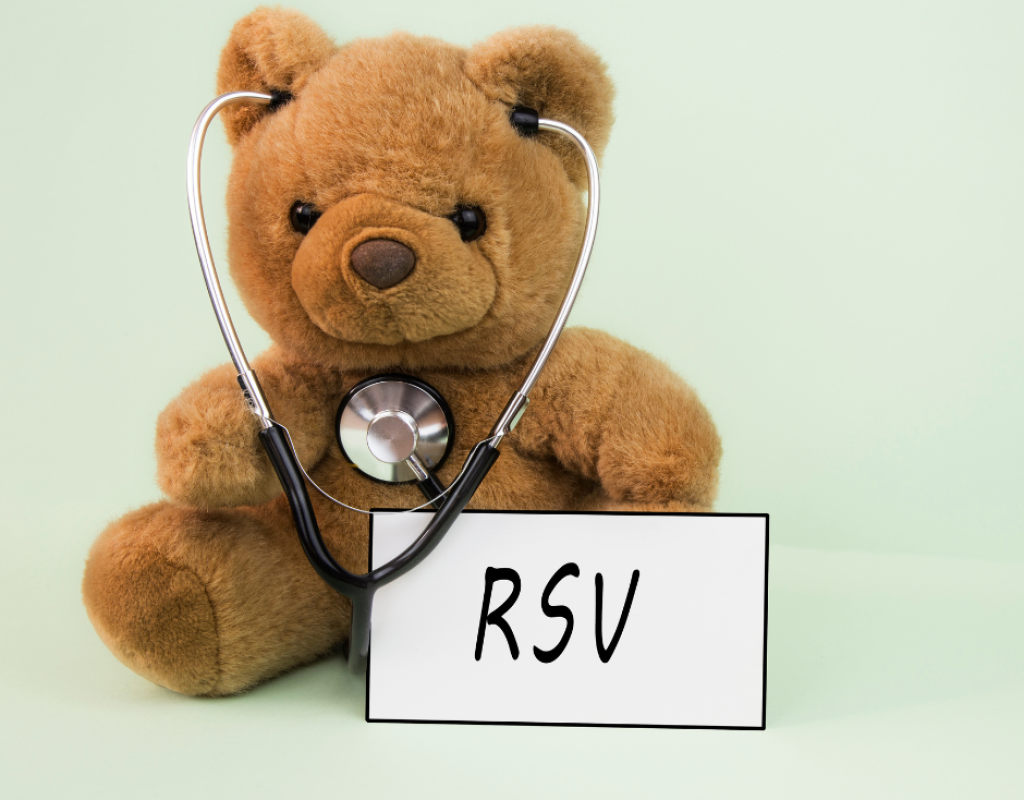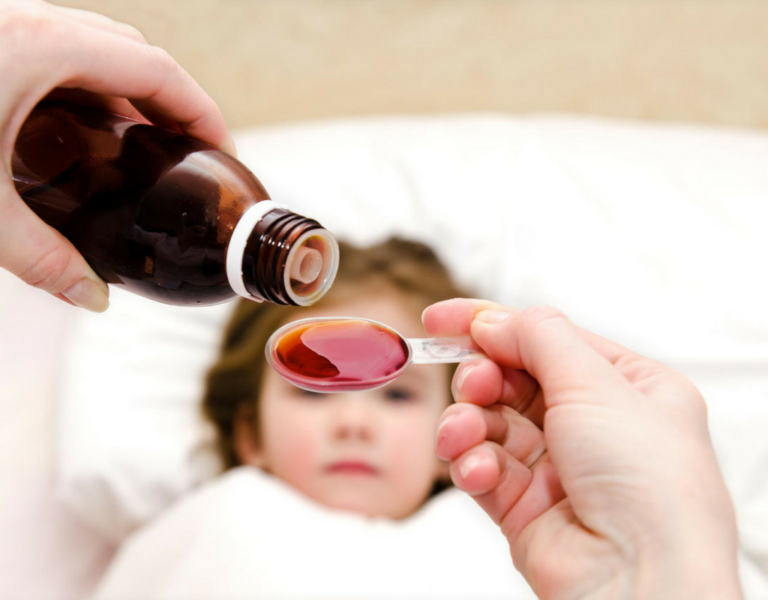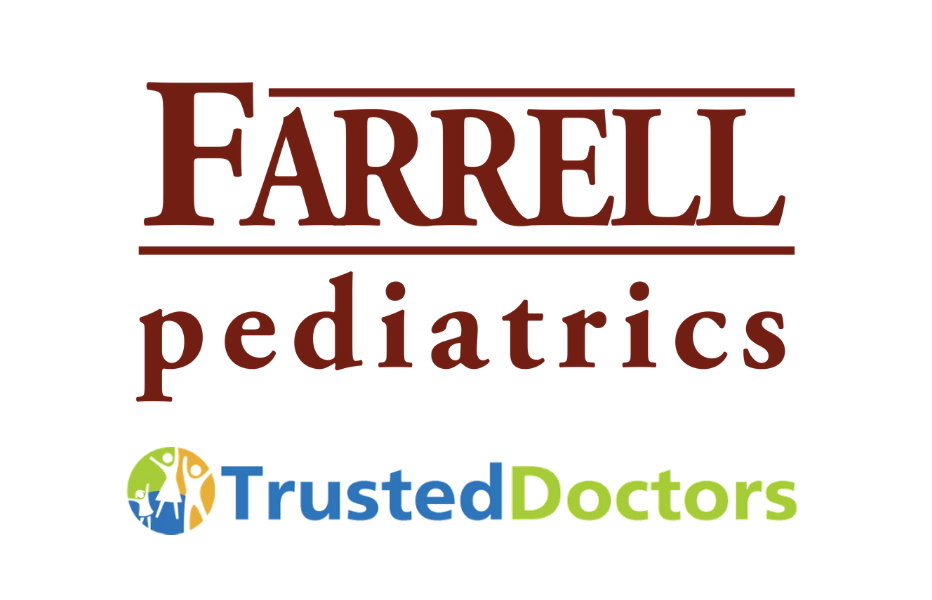What is RSV?
Respiratory Syncytial Virus (RSV) is a common virus that primarily affects the respiratory system, causing cold-like symptoms in most children. While many children experience mild illness, RSV can lead to serious complications, especially in infants and young children, such as bronchiolitis or pneumonia. These complications can sometimes result in hospitalization, particularly for younger infants and newborns as well as those with weakened immune systems or underlying medical conditions.
RSV spreads easily through respiratory droplets, especially during RSV season, which typically runs from fall through spring. While it affects people of all ages, infants, especially those born prematurely or with health conditions such as chronic lung disease, are at the highest risk for severe illness.
New RSV Preventative Options for Infants and Pregnant Moms
Recent advancements have introduced crucial preventative measures for RSV, including nirsevimab (Beyfortus), a monoclonal antibody injection designed to protect infants and young children from severe RSV disease.
How Nirsevimab Works
Nirsevimab works through passive immunization, meaning it delivers antibodies directly to the body without requiring the immune system to develop its own protection. Unlike vaccines that trigger a long-term immune response, nirsevimab provides immediate, but short-term protection for a specific period of approximately 5-6 months, thereby covering infants during their highest risk season.
This preventative approach is especially critical for infants during their first RSV season and for children with specific health risks during their second season.
Protection for Infants Through Maternal Immunization
A second major advancement in RSV prevention involves administering a respiratory syncytial virus (RSV) vaccine to pregnant women in the third trimester. This vaccine is called Abrysvo and is a more traditional vaccine that triggers expectant Moms to make antibodies against RSV that can then pass from mother to baby through the placenta, providing newborns with passive immunity during their first few months of life, when they are most vulnerable to severe RSV infections.
However, timing is key to ensuring effective protection. Here’s a breakdown:
- For pregnant women: Abrysvo is given during the third trimester, generally between 32 and 36 weeks of pregnancy. This window allows the antibodies to cross the placenta and reach the baby in time for birth.
- For newborns born soon after the mother’s shot: If a baby is born less than 2 weeks after the mother receives her injection, they may not have had enough time to fully receive the antibodies from the mother. In this case, the baby will require a nirsevimab injection after birth to ensure they are adequately protected for the upcoming RSV season.
Direct Infant Immunization
- Infants under 8 months who are in their first RSV season can receive a single dose of nirsevimab. This provides immediate protection against severe RSV infection during the season.
- High-risk children between 8 and 19 months, such as those with chronic lung disease, a history of significant prematurity, congenital heart disease, cystic fibrosis, or who are immunocompromised, are eligible for an additional dose during their second RSV season.
Specific Guidelines for RSV Preventative Options
The Centers for Disease Control and Prevention (CDC) and pediatricians recommend the following schedule for RSV prevention:
- For Pregnant Women:
- Pregnant women should receive nirsevimab during the third trimester (between 32 and 36 weeks). This allows time for the antibodies to transfer to the baby before birth.
- If the baby is born less than 2 weeks after the mother’s shot, the baby may need a direct injection of nirsevimab after birth for full protection.
- For Infants:
- Infants younger than 8 months: A single dose of nirsevimab should be given before or during the start of the RSV season, especially for those entering their first RSV season.
- Children aged 8-19 months who are at high risk due to certain health conditions may also receive a dose of nirsevimab during their second RSV season.
- Timing: RSV season typically begins in the fall and runs through spring, with the highest risk occurring during the winter months. Pediatricians will recommend the preventative shots based on when the virus is most prevalent in your region to ensure optimal protection, typically October through March.
Conclusion
RSV remains a significant concern for infants, particularly during their first few months of life. Thankfully, with the new preventative options like nirsevimab, we can provide infants with a protective shield against severe RSV infections, either through direct immunization or by administering the antibody to pregnant women.
If you are an expectant mother or a parent of an infant, it’s important to talk to your pediatrician about nirsevimab and determine the best course of action to protect your baby during RSV season. Timely prevention can help reduce the risk of severe RSV complications, keeping your child safe and healthy.





